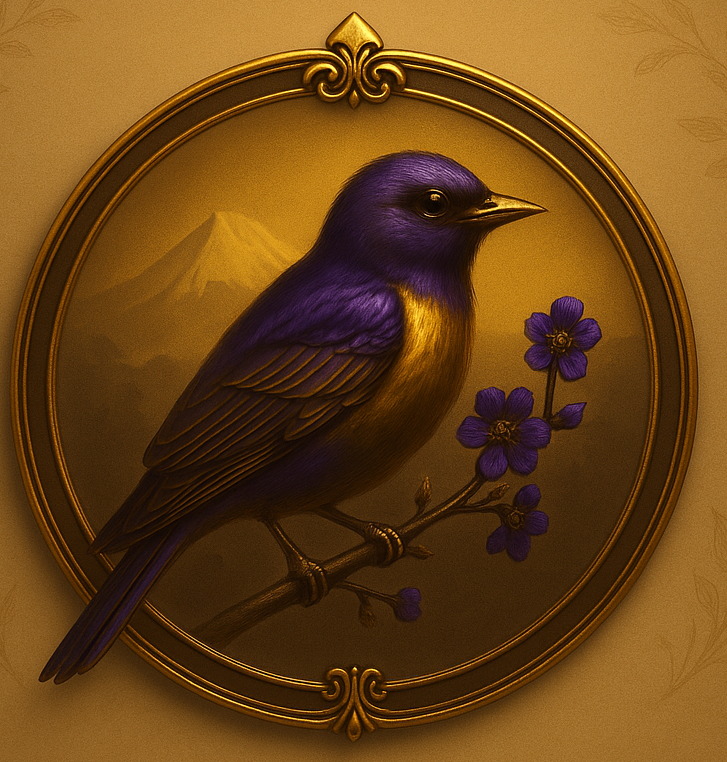Prose: The Writing Style That Stands in Contrast to Poetry
In the world of literature, two dominant styles shape how we express ideas: poetry and prose. While poetry dances with rhythm, metaphor, and emotion, prose walks with clarity, structure, and everyday language. Understanding the contrast between these two forms is essential for writers, readers, and students alike. To explore poetry’s many forms, check out our foundational guide: Types of Poetry: Exploring the Rich Forms of Poetic Expression.
What Is Prose?
Prose is the most common and natural form of written language. It mirrors how we speak and is used in novels, essays, articles, speeches, and more. Unlike poetry, prose doesn’t rely on line breaks, rhyme, or meter. Instead, it follows standard grammar and sentence structure to communicate ideas clearly and directly.
Key Differences Between Prose and Poetry
| Feature | Prose | Poetry |
|---|---|---|
| Structure | Sentences and paragraphs | Lines and stanzas |
| Language | Straightforward and literal | Figurative, symbolic, and condensed |
| Rhythm & Rhyme | Not required | Often present |
| Purpose | Inform, narrate, explain | Evoke emotion, provoke thought |
| Visual Layout | Block text | Intentional line breaks and spacing |
A Brief History of Prose
While poetry has ancient roots in oral traditions, prose emerged as a tool for clarity and record-keeping. Ancient philosophers like Plato and historians like Herodotus used prose to document ideas and events. Over time, prose evolved into a powerful medium for storytelling, argumentation, and reflection.
Types of Prose Writing
- Narrative Prose – Tells a story (e.g., novels, short stories)
- Expository Prose – Explains or informs (e.g., essays, textbooks)
- Descriptive Prose – Paints a picture with words (e.g., travel writing)
- Persuasive Prose – Convinces the reader (e.g., opinion pieces)
- Reflective Prose – Explores personal thoughts (e.g., memoirs)
Prose vs. Poetry: Why the Contrast Matters
Understanding the contrast between prose and poetry helps writers choose the right form for their message:
- Use prose when clarity, logic, and detail are key.
- Use poetry when emotion, rhythm, and imagery take center stage.
Want to explore how poetry tells stories? Check out our guide: Narrative Poetry: The Art of Storytelling in Verse.
While poetry stirs the soul, prose grounds us in the everyday. Both are essential to the literary landscape, offering different tools for expression, persuasion, and storytelling.
To explore more poetic forms and how they contrast with prose, revisit our central guide: Types of Poetry: Exploring the Rich Forms of Poetic Expression.

